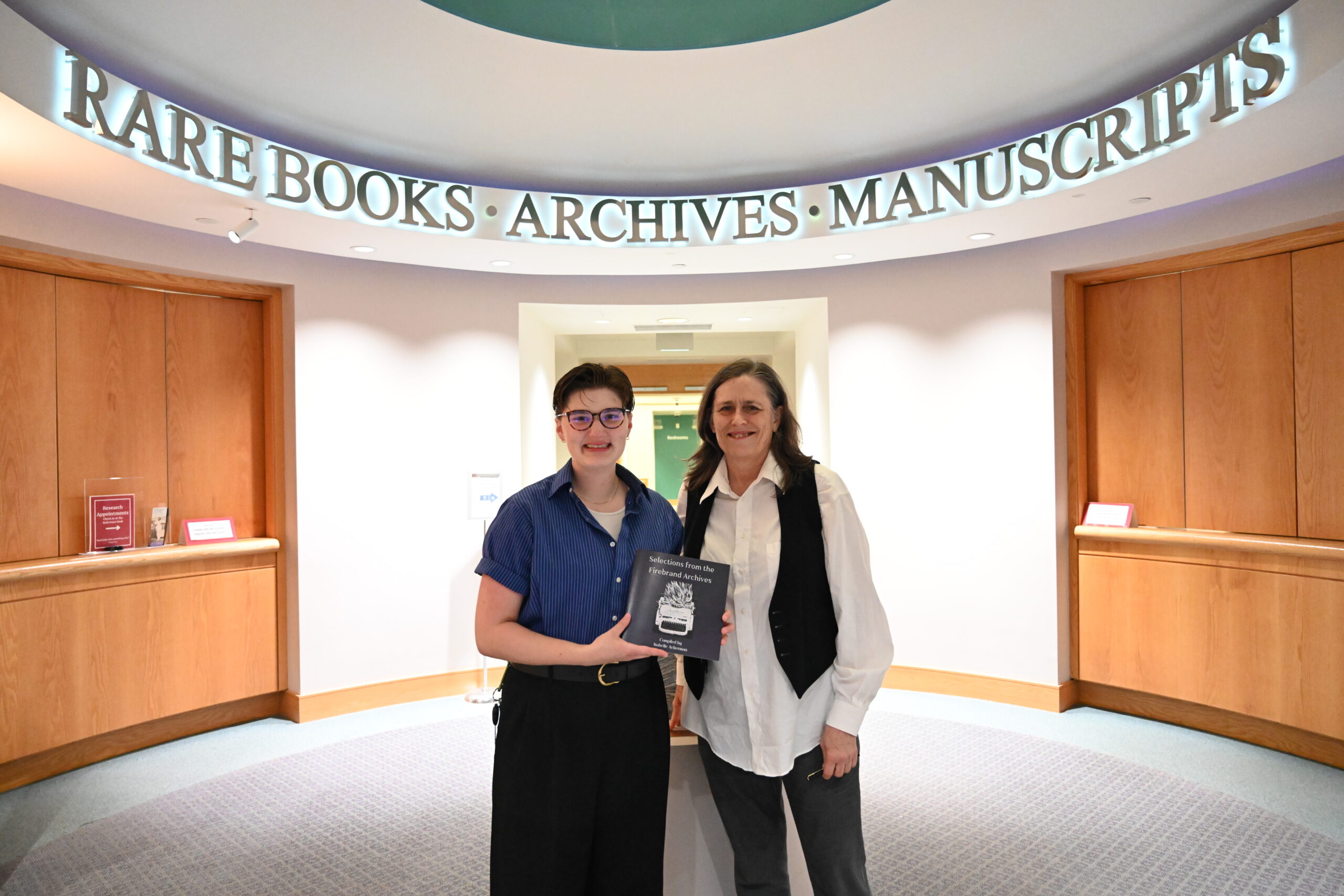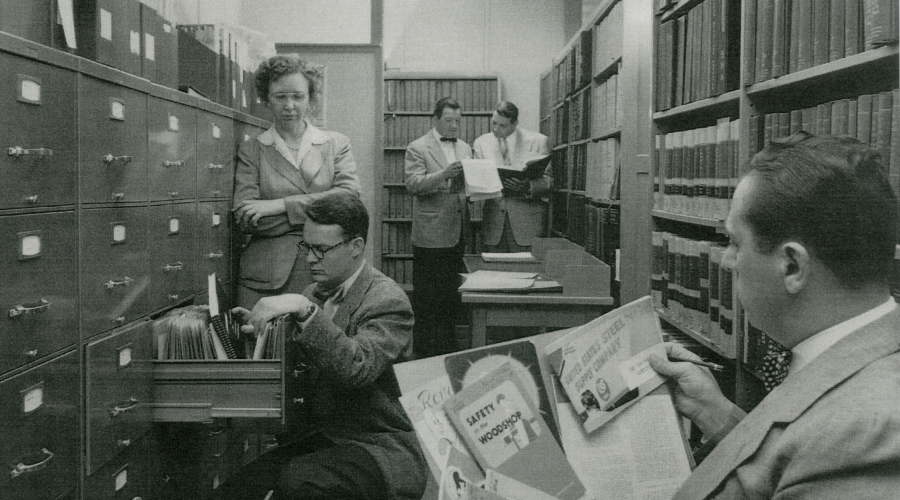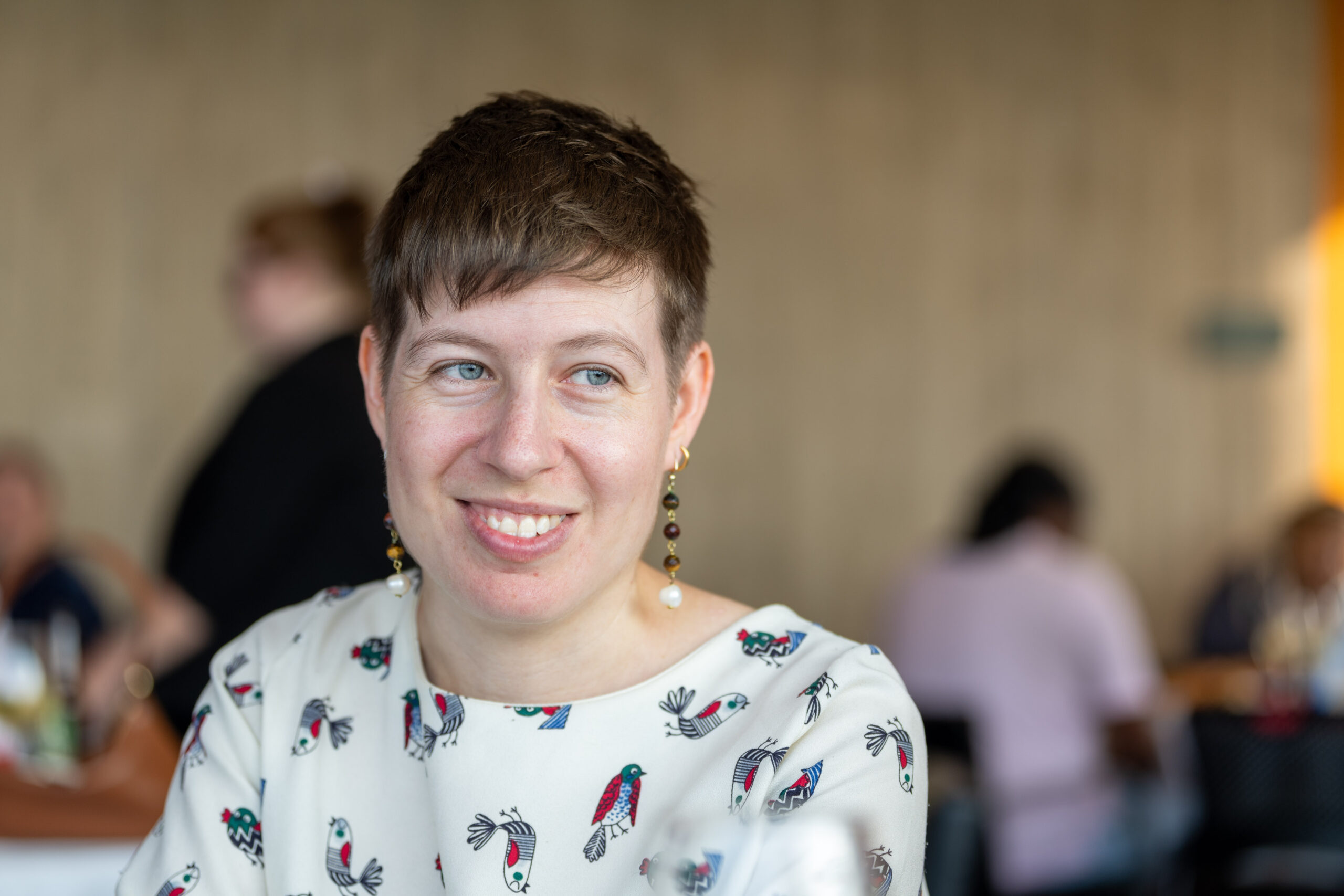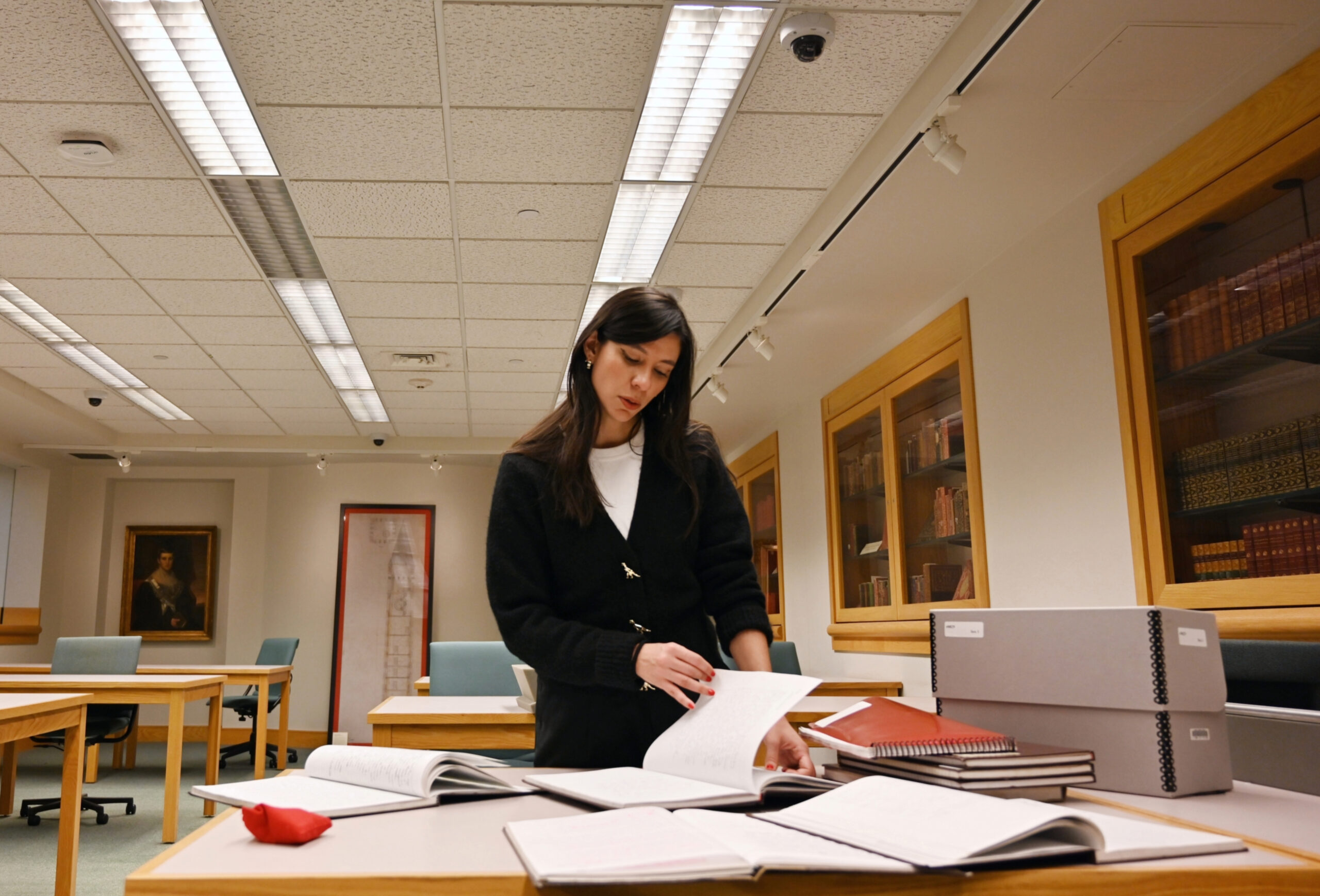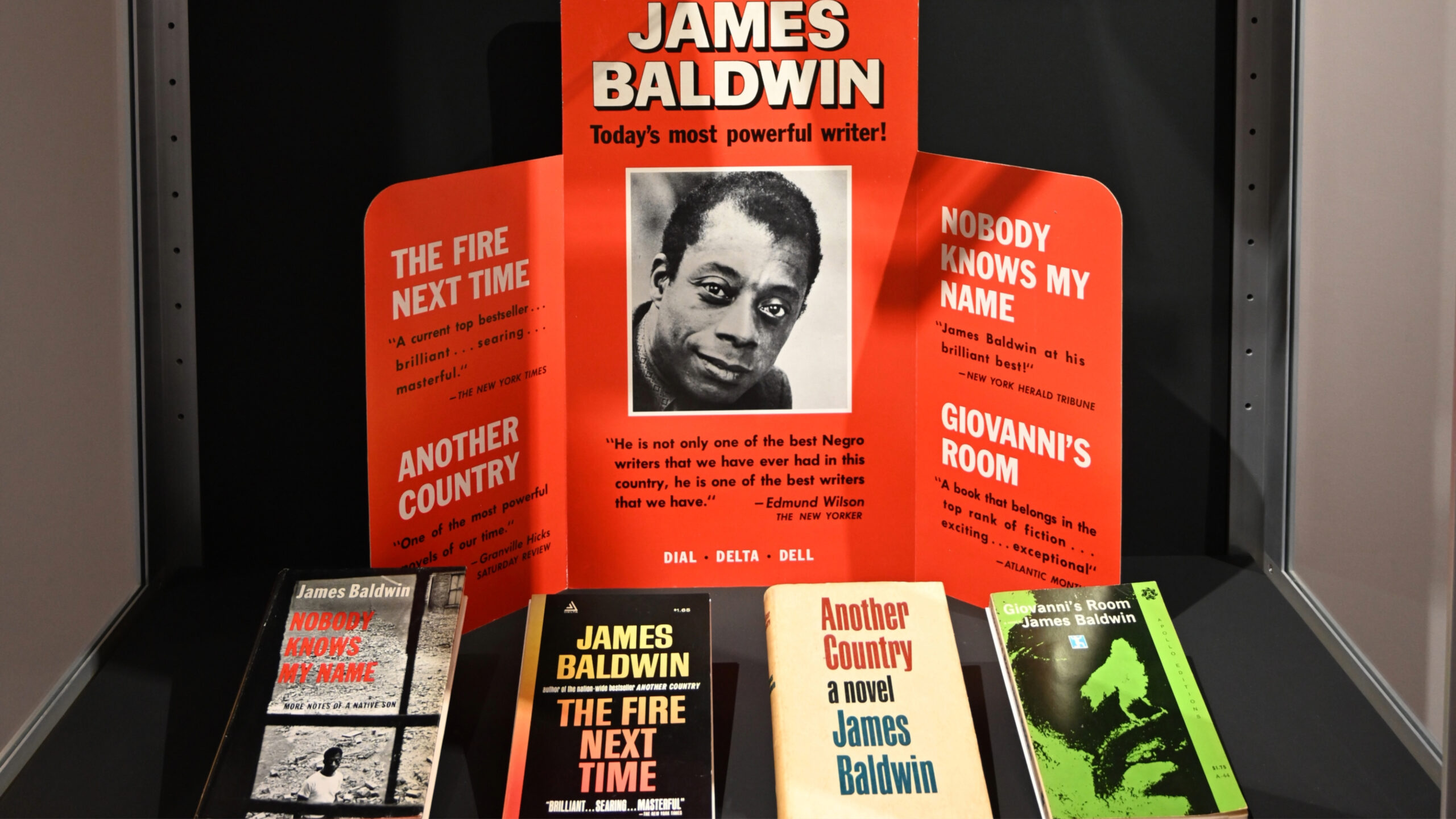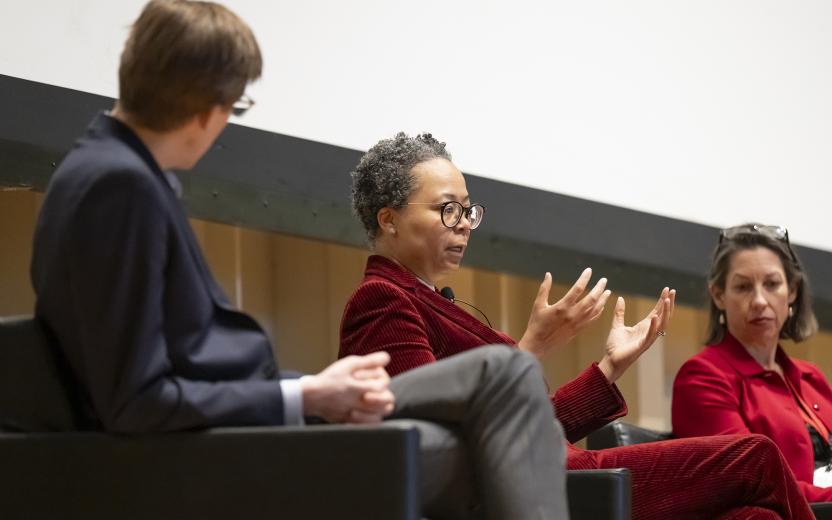
On April 2, 2025, more than 400 Cornell community members gathered to examine individual and collective responsibility regarding how data are stored, used, interrogated, and verified. The day was spent bringing together the community to seriously explore and discuss the critical role of data in research, teaching and learning, higher education, and society.
In his welcome, Chief Information Officer Ben Maddox noted that Cornell began collecting data over 160 years ago in its earliest classroom interactions between faculty and students.
“Today, we’re going to be talking about trust and data and tools for a changing world,” said Maddox. “The fact that there is now more data collected on the devices we hold in our hands than in a data center 15 years ago is an astounding evolution of the role of data in society.”
Librarians in the Digital Age
Opening the talks, Elaine Westbrooks reflected on the responsibilities of librarians to archive data in a way that preserves it and keeps it accessible for the long term. Westbrooks, Cornell’s Carl A. Kroch University Librarian, said librarians know that data loss is inevitable, but they remain focused on the big picture of long-time preservation of materials.
She said, “When we acquire things in the library, we don’t always know how they’re going to be used. They can be used by a whole different set of researchers in different disciplines. When you acquire something in the 1800s and look at it in 2025, it’s a very different environment, a different historical context.”
Anyone thinking about administrative and operational data will recognize the challenge libraries face in capturing data that will later be dated or seen differently contextually. Adding to that complexity is how ephemeral data feels today when viewed through lenses like search engines and changing technologies.
“To steward, archive, curate, preserve, and care for data for today and future generations is work that we take very seriously. It’s our mission to preserve human knowledge, and particularly the scholarly record,” said Westbrooks.
She also spoke of balancing stewardship, persistence, and adaptability with the demands of serving as a research library.
“We have to consistently be impactful, add value, and make sure that when people come to Cornell, they actually get a better education because we have a wonderful world-class library with world-class librarians and archivists who are defining what it means to be a library in a digital age. We’re that ship built not to just sit close to the shore but to go out into the rough waters. That is how we innovate and how we change the profession,” she said.
Read the original, full story on the news site of IT@Cornell.

